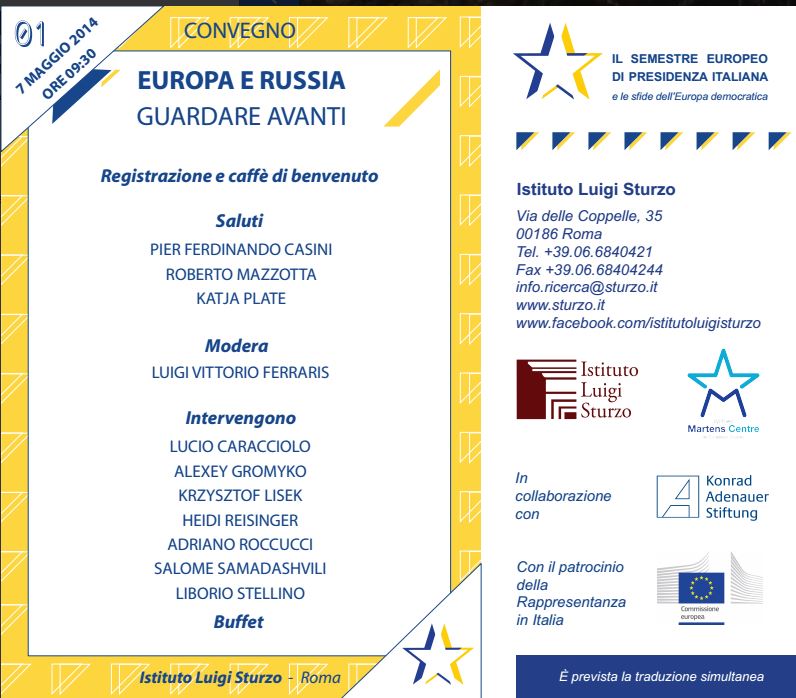![]() International Forum 2012 on “Transnistria—The Forgotten Holocaust, 1941 to 1944”
International Forum 2012 on “Transnistria—The Forgotten Holocaust, 1941 to 1944”
Chișinău (Moldova), Odessa (Ukraine)
Period: Sep. 23-29, 2012
Deadline for application: Jun. 24, 2012
Description of the Event
The International Forum is part of the programme GESCHICHTSWERKSTATT EUROPA initiated by the German Federal Foundation ”Remembrance, Responsibility and Future“ (EVZ). The Forum looks at the conflicting recollections of the contemporary history of Europe and at recent debates and research on the collective and cultural memory of the Europeans. It will be led by the Leipzig historians Matthias Middell and Stefan Troebst.
I
Transnistria, the region between rivers Dniester (Nistru) and Bug, is still a white spot on the map of the Holocaust. Today mostly part of Ukraine with a small strip belonging to Moldova’s separatist eastern edge, the self-proclaimed ‘Dniester Moldovan Republic’, it was from the summer of 1941 to the spring of 1944 under Romanian civilian administration. In the Treaty of Tighina of 30 August 1941, the German Reich had handed over this formerly Soviet territory to its Romanian ally while still maintaining a military presence there. Between September 1941 and October 1942, some 100,000 Jews from Romania including the regained provinces of Northern Bukovina and Bessarabia were deported beyond river Dniester. In the regional capital Odessa and in concentration camps like Bogdanovka, Domanovka, Akmetchetka or Vapniarka mass shootings of Jews took place, while others were put to death by hunger or diseases.
An estimated number of up to 300,000 Romanian and Ukrainian Jews fell victim to the Holocaust in Transnistria. Perpetrators were Romanian officials, military personnel and civilians as well as German military units and administrative staff, also members of the regional German community, i.e., Schwarzmeerdeutsche. Probably only 100,000 Jews survived. There is, however, also an additional dimension to the Holocaust in Transnistria: In the summer and fall of 1942, also some 25.000 Romanian Roma were deported to the region. Here approximately 11.000 died of cold, hunger or illness and some were shot, while the others could return to Romania in 1944.
During this one-week event seminars and lectures will be delivered. Furthermore, visits to museums like the Museum of the History of the Jews of Odessa and excursions to the site of the concentration camp Bogdanovka will take place. Scholars from various fields of study and different parts of Europe will lecture on the events of 1941 to 1944 and on their place in Moldovan, Romanian and Ukrainian cultures of remembrance.
Guidelines for applying
Please send your applications by e-mail together with a letter of motivation and a curriculum vitae to the coordination office of the International Forum. Closing date for applications will be June 24, 2012. Applications will be reviewed by June 30, 2012, and applicants will be notified immediately thereafter.
Organizers
Global and European Studies Institute of the University of Leipzig
German Federal Foundation ”Remembrance, Responsibility and Future”
Information & contacts
Coordinator Ulrike Breitsprecher
International Forum | GESCHICHTSWERKSTATT EUROPA
address: Universität Leipzig Global and European Studies Institute
Emil-Fuchs-Strasse 1
04105 Leipzig, Germany
tel.: 0049.(0)341.973.34.93
e-mail: ifgwe@uni-leipzig.de













